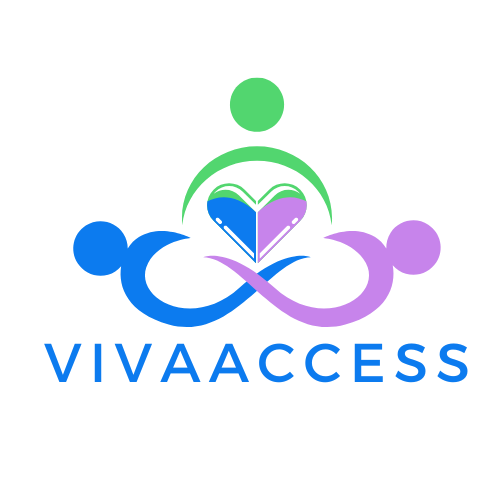Characteristics of Intellectual Disability
Intellectual disability (ID) is a complex condition characterized by a diverse range of cognitive impairments that significantly impact an individual’s ability to learn, reason, and adapt to their environment. Understanding the characteristics associated with ID is crucial for recognizing the condition, providing appropriate support, and promoting the well-being of affected individuals. Here, we delve deeper into the key characteristics of ID:
Cognitive Limitations:
Individuals with ID typically exhibit limitations in intellectual functioning, which encompass various cognitive abilities such as problem-solving, critical thinking, and abstract reasoning. This impairment is often assessed using standardized intelligence quotient (IQ) tests.
Cognitive limitations may manifest as difficulties in grasping new concepts, learning and retaining information, and generalizing knowledge across different contexts.
The severity of cognitive limitations can vary widely among individuals with ID, ranging from mild to profound impairment.
Adaptive Behavior Challenges:
Adaptive behavior refers to the practical skills and behaviors that individuals use to effectively navigate and interact with their environment. These skills include communication, self-care, socialization, and independent living skills.
People with ID commonly experience challenges in adaptive behavior, which can impact their ability to perform everyday tasks and participate fully in society.
Difficulties in adaptive behavior may present as deficits in communication skills, such as expressive or receptive language impairments, limited social skills, and struggles with activities of daily living like dressing, eating, and personal hygiene.
Onset Before Adulthood:
ID is typically characterized by an onset of cognitive and adaptive behavior limitations before adulthood, often during the developmental period.
These difficulties persist over time and continue to affect the individual’s functioning and development throughout their lifespan.
Early identification and intervention are crucial for addressing the needs of individuals with ID and promoting optimal outcomes in various areas of life, including education, employment, and social integration.
Varied Severity:
ID encompasses a broad spectrum of severity, ranging from mild to profound impairment.
Individuals with mild ID may have relatively subtle cognitive and adaptive behavior limitations and may be able to function independently with appropriate support and accommodations.
In contrast, individuals with profound ID experience significant cognitive and adaptive behavior deficits, requiring extensive support and supervision in all aspects of daily life.
Co-occurring Conditions:
ID often coexists with other developmental, behavioral, and medical conditions, further complicating the clinical picture.
Common co-occurring conditions include autism spectrum disorder (ASD), attention-deficit/hyperactivity disorder (ADHD), epilepsy, sensory impairments, and physical disabilities.
Addressing the complex needs associated with these co-occurring conditions requires a comprehensive and multidisciplinary approach to assessment, intervention, and support.
By understanding and recognizing these characteristics of intellectual disability, professionals, caregivers, and communities can work together to provide inclusive environments, appropriate interventions, and meaningful support to individuals with ID, promoting their overall well-being and quality of life.







